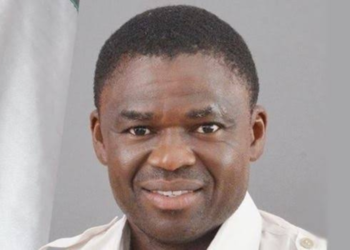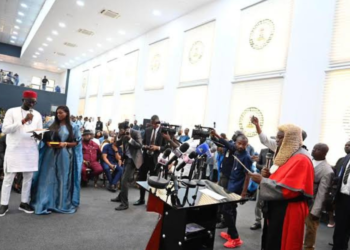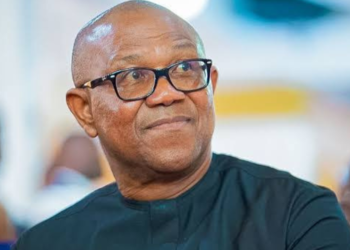“If you want something said, ask a man; if you want something done, ask a woman.”
Margaret Thatcher
Not only Nigeria, but the entire international community expressed immense joy during the arrival of Mrs. Samia Suluhu as the new president of Tanzania, the first citizen of an East African country after the demise of President John Magufuli.
But unlike Tanzania, Nigeria still does not have a woman to serve as even the Vice President of the country after 60 years of independence. Unfortunately, pioneers like Sarah Jibril tried in vain to become Nigeria’s first female president in previous election.
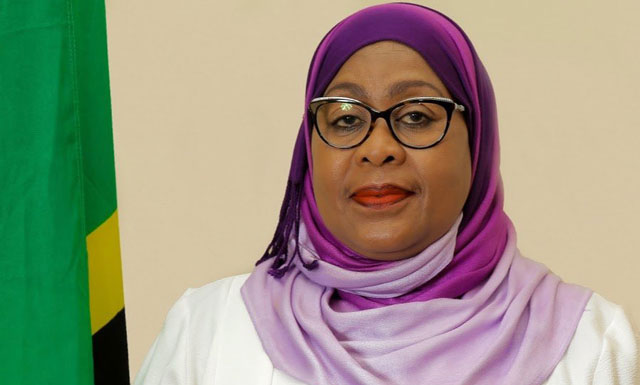
Few women in Nigeria hold political and leadership positions. Currently, only 7 of the 109 senators in the House of Representatives, and only 22 of the 360 members are women.
It should be noted that the political relevance of Nigerian women cannot be overemphasized. Over the years, hundreds of women have gathered at various political gatherings to express their support for their male counterparts through propaganda, campaigning and mobilizing others. As election day approaches, we see them gather a large number of people, both young and old, to vote for male candidates.
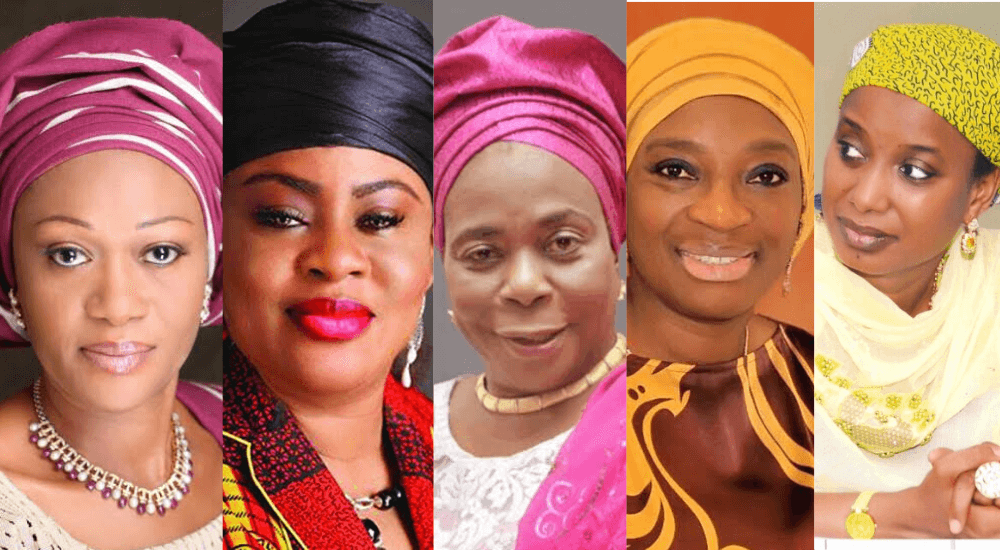
The shortage of women in political positions may be caused by several factors. The first is the popular belief that, Nigerian politics is based on the high political energy that only men possess; women’s perception of politics as a “dirty-game” further alienates them from mainstream political concepts. Another factor is that political movements require solid financial support to succeed. Financial support is cogent. Some women cannot even afford basic party fees. And while price for bureaucracy is waived for ladies, they are regularly made to step down for the person who has paid. Women deserve the right to participate or compete for positions.
The historical experience of discriminating against women through the division of labor and basic gender employment opportunities has given men a seemingly more productive role than women. In addition, financiers prefer male candidates because they think they (males) have more prospects. It must also be noted that, political parties urge women to withdraw from the electoral process.
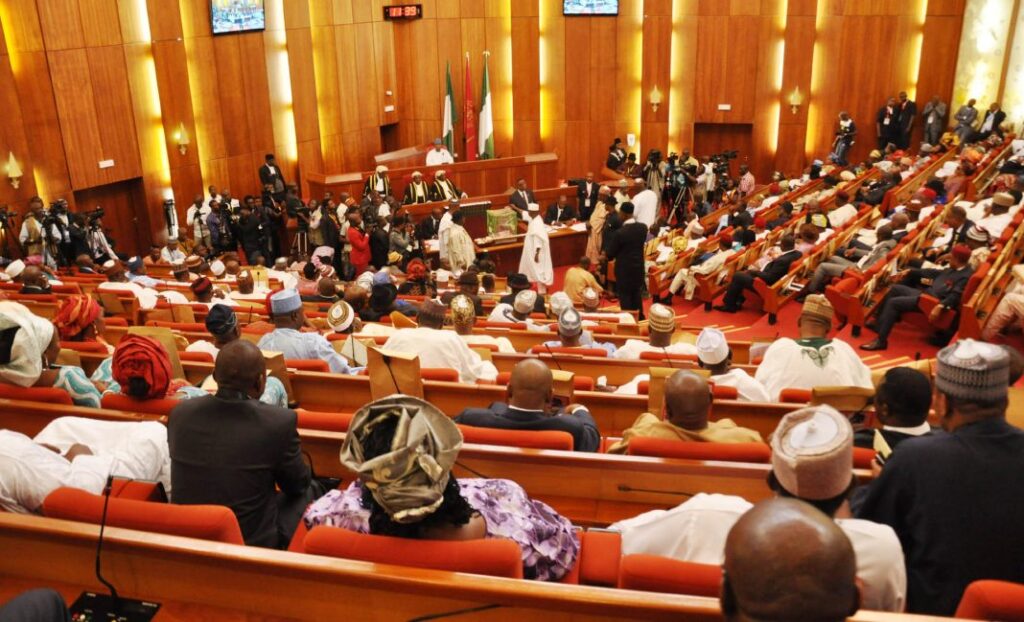
For many years, women at all levels have been politically marginalized, which has led them to use themselves as tools for the political success of their male colleagues. They use them as springboards under the pretext of defending the women’s movement; a foothold for gaining or gaining political power. The time has come for women to reject empty promises and small gifts and take up the mantle of leadership, because this is their responsibility and even a good foundation for achieving gender equality and fairness.


